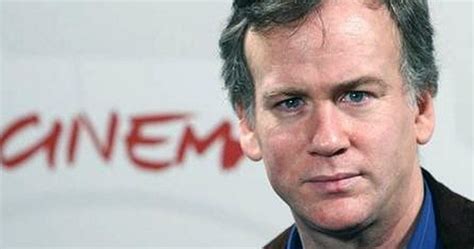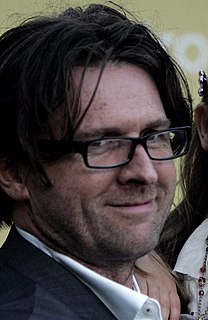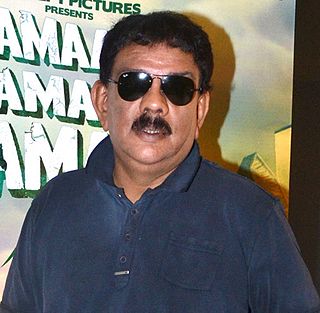A Quote by Helen Mirren
It'll be the Internet and piracy that will kill film. There's a philosophy that the Internet should be free, but the reality is that piracy will destroy the film industry and film as an art form because it's expensive to make a movie. Maybe you'll have funky little independent movies, and it'll go back and then start up again some other way.
Related Quotes
The great hope is that people who wouldn't normally make films will be making them. Suddenly, one day some little fat girl in Ohio is going to be the new Mozart and make a beautiful film with her father's camera and for once the so called professionalism about movies will be destroyed forever - and it will really become an art form.
Your first film is always your best film, in a way. There's something about your first film that you never ever get back to, but you should always try. It's that slight sense of not knowing what you're doing, because the technical skills you learn - especially if you have a film that works, that has some kind of success - are beguiling. The temptation is to use them again, and they're not necessarily good storytelling techniques.
I don't have the story finished and ready when we start work on a film. I usually don't have the time. So the story develops when I start drawing storyboards. I never know where the story will go but I just keeping working on the film as it develops. It's a dangerous way to make an animation film and I would like it to be different, but unfortunately, that's the way I work and everyone else is kind of forced to subject themselves to it.
The same applies to the music and film industries. Until the heads of the labels start wanting to make money rather than creating controversy, tension, and excuses about why piracy is making the job so hard that no one could do it but them - and oh by the way, they need a raise to really focus in on the fight - the music industry is going to have a very tough time of it.




































